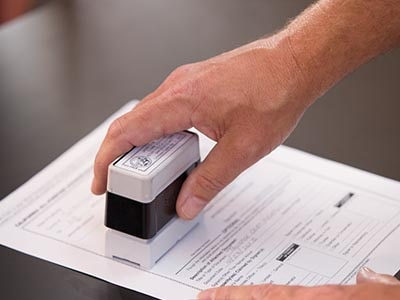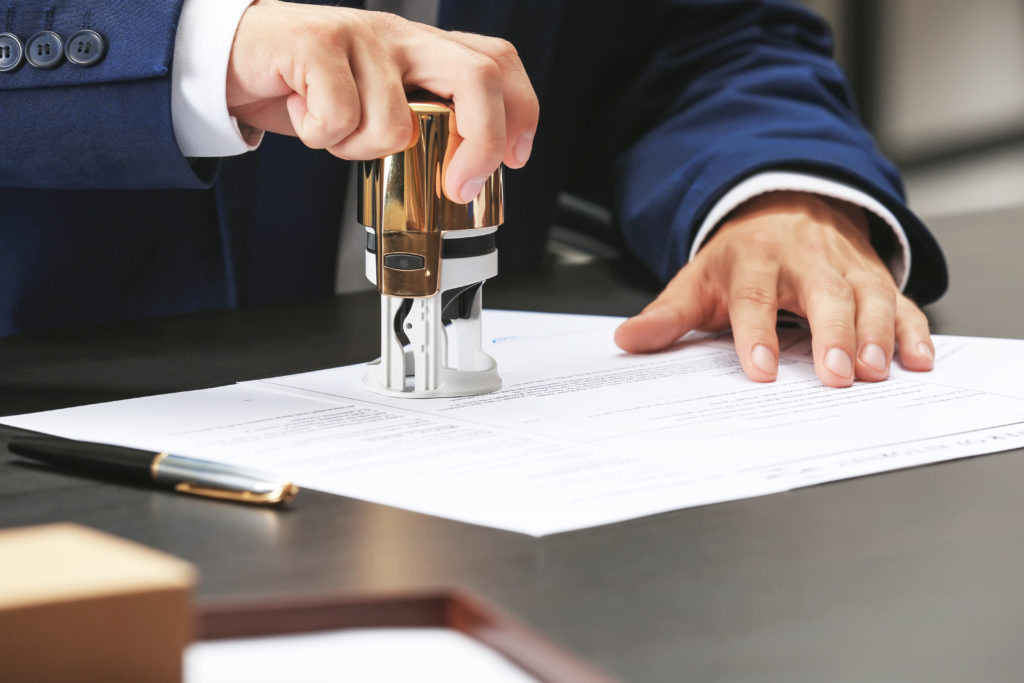Experienced Conveyancer: Facilitating Smooth Realty Transactions
Experienced Conveyancer: Facilitating Smooth Realty Transactions
Blog Article
Demystifying Notarial Job: Streamlining the Role and Relevance of Notaries
In the intricate web of lawful paperwork and confirmation, notaries stand as pillars of guarantee and credibility. Their duty, commonly shrouded in secret for many, carries significant weight in ensuring the legitimacy and honesty of crucial papers. As guardians of validity and truth, notaries play a crucial component in our culture, yet their work is not constantly totally comprehended. By untangling the intricacies surrounding notarial techniques and dropping light on the importance of their acts, a clearer understanding arises of the important function notaries play in supporting the material of legal and contractual agreements.
The History of Notarial Job
Exactly how did notarial work progress in time to end up being an essential component of legal and company deals? The history of notarial job go back to ancient worlds, where scribes played a vital role in taping essential information and confirming records. As societies advanced, the demand for a more formalized system to ensure the validity of arrangements emerged. This led to the development of notaries, people designated by the state to function as neutral witnesses in lawful issues.
During the Center Ages, notaries acquired prominence in Europe, with their features expanding to consist of composing lawful papers, certifying signatures, and maintaining records. The increase of worldwide trade better emphasized the relevance of notarial operate in confirming contracts and agreements across boundaries.
In the modern-day age, notaries proceed to play an important duty in legal and business deals by verifying identifications, validating the credibility of papers, and preventing scams. Their role in accrediting the legitimacy of arrangements adds a layer of protection and depend the ever-evolving landscape of commerce and regulation.

Duties and Responsibilities of Notaries
Notaries play an essential duty in verifying the authenticity of documents and the identity of notaries. One of their primary duties is to witness the signing of essential files, such as wills, agreements, and deeds, to make sure that all events are entering right into arrangements knowingly and voluntarily.
In addition, notaries are tasked with carrying out affirmations and vows, which are important in lawful proceedings and the implementation of testimonies. They certify copies of initial documents, giving guarantee to organizations that the copies are true replicas of the originals. Notaries should preserve accurate records of all purchases they oversee to guarantee openness and liability. Overall, the tasks and responsibilities of notaries are crucial in safeguarding the honesty and legitimacy of different records and transactions.
Notarial Certificates and Signatures
Exhibiting meticulous attention to information, notarial certificates and signatures function as necessary elements in validating the authenticity of legal records. Notarial certifications usually consist of vital info such as the date of notarization, the names of the signatories, a summary of the paper, and the notary's main seal. These certifications offer a clear record of the notarial act, making sure that the document can be easily recognized and mapped back to the notary who supervised the procedure.
Trademarks play a crucial duty in notarial work, as they represent the agreement and consent of the events involved. Notaries carefully witness the finalizing of papers to validate the identity of the signatories and validate that they are authorizing of their very own free choice. By fastening their official seal and signature to the file, notaries certify that the required procedures have actually been complied with and that the paper is valid and enforceable.
Fundamentally, notarial certifications and signatures are the characteristic of authenticity in lawful transactions, giving assurance to all events involved that the papers are genuine and binding.
Relevance of Notarial Acts

Notarization Refine Discussed
Clarifying the notarization procedure provides clearness on the important actions included in verifying legal files. The notarization process commonly begins with the specific offering the record to a notary public. The notary then confirms the signer's identity via appropriate recognition approaches. Once the identification is validated, the notary guarantees that the individual signing the paper does so voluntarily and without any kind of browbeating.

Verdict

Notarial certificates commonly have crucial information such as the day of registration, the names of the signatories, a description of the document, and the notary's main seal. These certifications give a clear record of the notarial act, making sure that the record can be conveniently identified and mapped back to the notary who managed the process.
By attaching their official seal and trademark to the document, notaries certify that the needed treatments have been complied with and that the document is enforceable and valid.
By confirming the identification of the notaries, validating their determination to enter into the arrangement, and certifying the day and area of the finalizing, notaries play an essential function in supporting the legitimacy of lawful papers.After the file is authorized, the notary will certainly attach their official seal or stamp onto the additional reading record.
Report this page